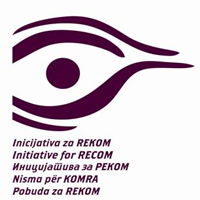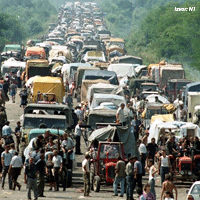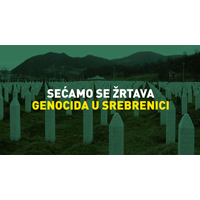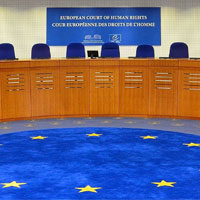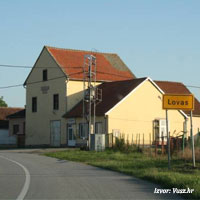“Guidelines for handling compensation claims in criminal proceedings” – a step towards improving the rights of victims
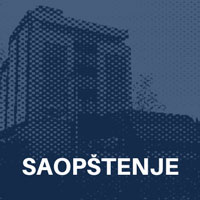
 On 11 October 2019, during the annual judicial conference in Vrnjačka Banja, Serbia’s Supreme Court of Cassation presented its “Guidelines for improving court practice in handling compensation claims made by victims of serious crimes during criminal proceedings” (“Guidelines”). The Humanitarian Law Center (HLC) views the “Guidelines” as a step forward in improving the situation of victims in Serbia, and calls on the Office of the War Crimes Prosecutor (OWCP) to take a more active part in gathering the evidence needed for the adjudication of compensation claims, and for the courts to adjudicate compensation claims in the course of criminal proceedings whenever possible.
On 11 October 2019, during the annual judicial conference in Vrnjačka Banja, Serbia’s Supreme Court of Cassation presented its “Guidelines for improving court practice in handling compensation claims made by victims of serious crimes during criminal proceedings” (“Guidelines”). The Humanitarian Law Center (HLC) views the “Guidelines” as a step forward in improving the situation of victims in Serbia, and calls on the Office of the War Crimes Prosecutor (OWCP) to take a more active part in gathering the evidence needed for the adjudication of compensation claims, and for the courts to adjudicate compensation claims in the course of criminal proceedings whenever possible.






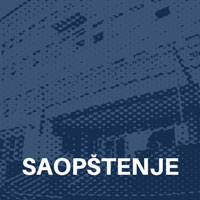
 On September 19, 2019, the Higher Court in Belgrade sentenced defendant Nikola Vida Lujić to eight years in prison for raping a Bosniak woman in Brčko in June 1992. The Humanitarian Law Center (HLC) considers that the proceeding in this case was conducted very effectively, that the injured party had adequate protection during her testimony, and that the sentence imposed was fair and commensurate with the gravity of the act performed.
On September 19, 2019, the Higher Court in Belgrade sentenced defendant Nikola Vida Lujić to eight years in prison for raping a Bosniak woman in Brčko in June 1992. The Humanitarian Law Center (HLC) considers that the proceeding in this case was conducted very effectively, that the injured party had adequate protection during her testimony, and that the sentence imposed was fair and commensurate with the gravity of the act performed.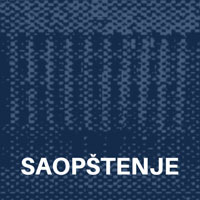
 On September 2, 2019, the Humanitarian Law Center (HLC) filed an initiative with the Constitutional Court for an assessment of the constitutionality and conformity of the Criminal Code (CC) with the Constitution of the Republic of Serbia, the generally accepted rules of international law and ratified international treaties. The HLC considers that the newly introduced provision of the CC concerning the prohibition of conditional release of persons sentenced to life imprisonment, without establishing an effective and efficient mechanism guaranteeing a review of a sentence to life imprisonment, directly violates the provision of Article 25 of the Constitution of the Republic of Serbia, and Article 3 of the European Convention on the protection of human rights and fundamental freedoms (Convention).
On September 2, 2019, the Humanitarian Law Center (HLC) filed an initiative with the Constitutional Court for an assessment of the constitutionality and conformity of the Criminal Code (CC) with the Constitution of the Republic of Serbia, the generally accepted rules of international law and ratified international treaties. The HLC considers that the newly introduced provision of the CC concerning the prohibition of conditional release of persons sentenced to life imprisonment, without establishing an effective and efficient mechanism guaranteeing a review of a sentence to life imprisonment, directly violates the provision of Article 25 of the Constitution of the Republic of Serbia, and Article 3 of the European Convention on the protection of human rights and fundamental freedoms (Convention).